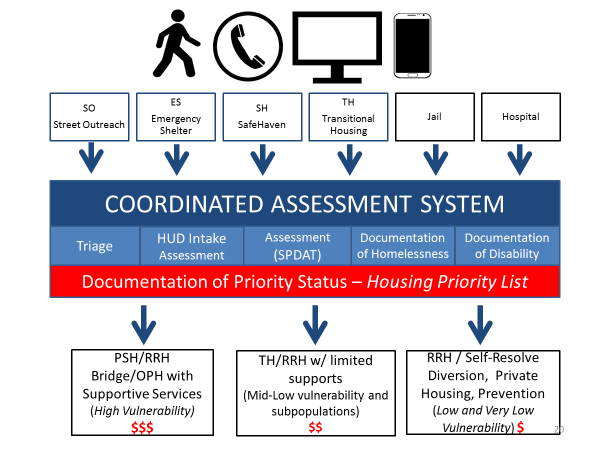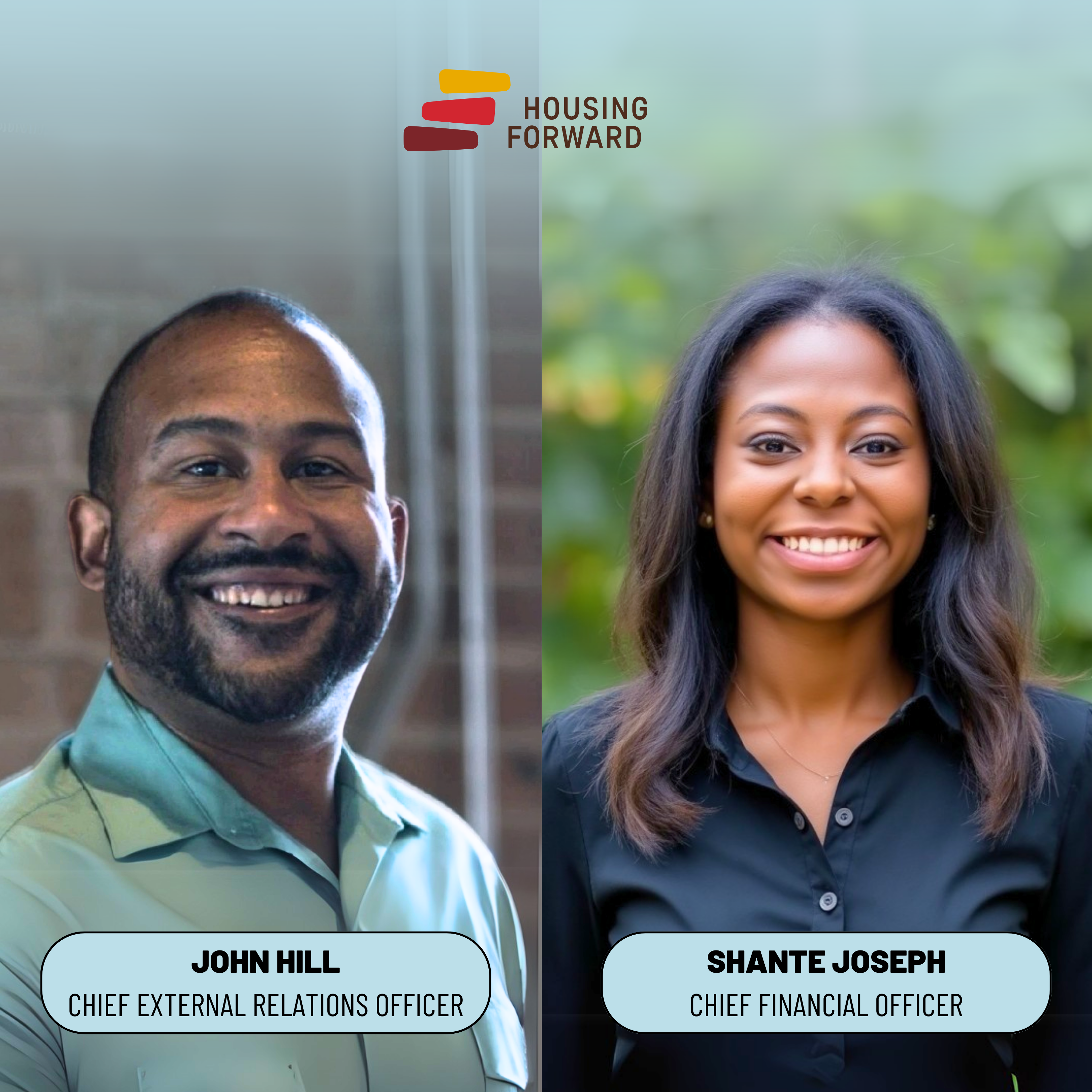The Metro Dallas Homeless Alliance (MDHA) is excited to announce a new toll-free number, which persons experiencing unsheltered homelessness may call for assistance in finding shelter and housing: 1-888-411-6802. This Homeless Crisis Helpline is part of MDHA’s Coordinated Access System (CAS). It helps connect persons needing help with the correct resource that matches their needs.
Coordinated Access goes by different names, Coordinated or Centralized Access, Coordinated or Centralized Assessment, Coordinated or Centralized Entry. The U.S. Department of Housing and Urban Development (HUD) defines and requires an effective Coordinated Access System to be at the heart of every homeless response system, and tasks Continuua of Care (CoCs) with setting them up:
Centralized or coordinated assessment system is defined to mean a centralized or coordinated process designed to coordinate program participant intake, assessment, and provision of referrals. A centralized or coordinated assessment system covers the geographic area, is easily accessed by individuals and families seeking housing or services, is well advertised, and includes a comprehensive and standardized assessment tool… The Continuum of Care must… establish and operate either a centralized or coordinated assessment system…

Why does HUD require this? Because, the converse, an uncoordinated environment, that expects “people to navigate multiple programs in an effort to get their needs met,” does not work. As the National Alliance to End Homelessness states:
Uncoordinated intake systems cause problems for providers and consumers. Families with housing crises may end up going to multiple agencies that cannot serve them before they get to the one most appropriate for their needs. Each agency may have separate and duplicative intake forms or requirements, slowing down families’ receipt of assistance, and each interaction with an agency opens up a need for data entry into a Homeless Management Information System (HMIS) or a similar system. Extra staff, time, and money are spent doing intake and assessment, taking time away from other, more housing-focused tasks, such as case management, housing location, and landlord negotiation. Research suggests that, in many systems, resources are being conferred on a small subset of families whose needs may primarily be economic, while those with more significant challenges (co-occurring disorders, complete lack of a social support system, etc.) are falling through the cracks. Centralized intake makes it easier for communities to match families to the services they need, no matter how difficult their barriers are to address.
In order to provide “fair and equal access,” to those needing help, HUD requires local CoCs to set up a system that, “people can easily access… whether in person, by phone, or some other method, and that the process for accessing help is well known.” To further facilitate this access, it recommends that the phone number be toll-free.
Calls into MDHA’s system are routed as follows:
- Actively fleeing domestic violence – Family Place;
- 17 or younger – Promise House;
- 18 or older with a child under the age of 18 – Family Gateway;
- 18 or older and without children – The Bridge Homeless Recover Center;
- Collin County – Assistance Center of Collin County;
- Veterans – Veterans Affairs (VA);
- Not in need of emergency shelter – 211;
- All others – Director, CAS.






